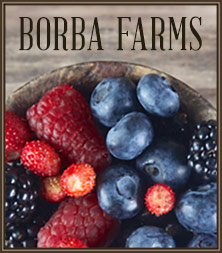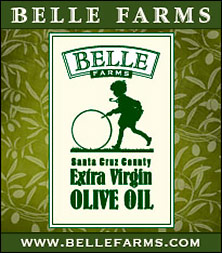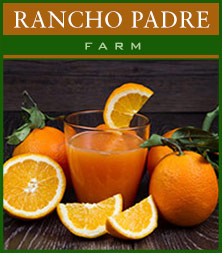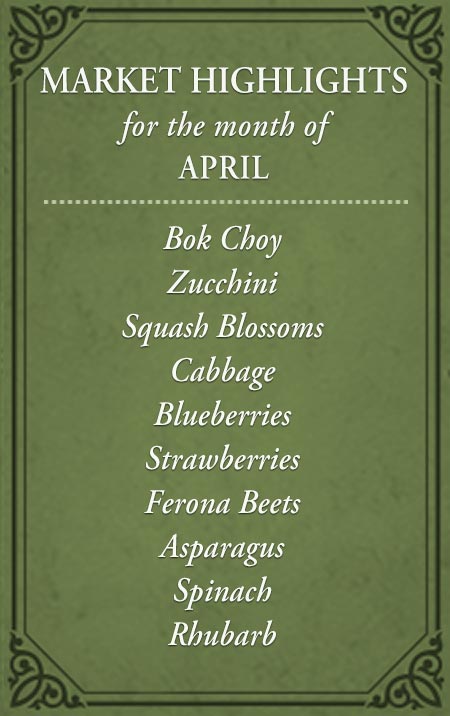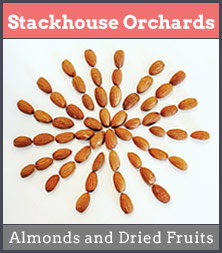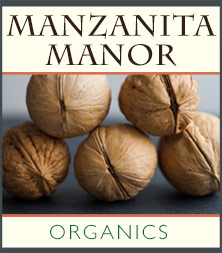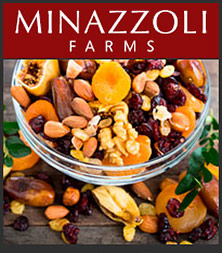Tapenade is a caper and olive paste that comes from Provence, France. The word comes from “tapeno,” the Provençal word for caper. This paste is extremely versatile, being used for things like crostini for appetizers, a topping on grilled salmon, a marinade for roast chicken, lamb, or beef. Use it as a quick pasta sauce, on pizza, or even spoon a dollop into tired leftover soup to add some zip.
Use either black or green olives, oil-cured or brined. Oil-cured are easier to work with (if pitting the olives yourself), but brined can produce a great impact, too. Traditionally, tapenade is made with anchovies. I don’t usually use them but the recipe includes that option.
INGREDIENTS:
1 ½ cups olives, pitted (black or green, oil-cured or brined—your choice*)
2 medium garlic cloves, peeled, de-germed, and chopped
1 heaping tablespoon capers (preferably salt-cured), rinsed and coarsely chopped
1 teaspoon minced fresh thyme or savory (or ½ teaspoon dried)
Optional: 1–2 anchovy fillets, boned
Extra virgin olive oil, as needed
1–2 tablespoons red wine vinegar or lemon juice, to taste
1–2 teaspoons freshly ground black pepper
Salt, if needed
METHOD:
Place the olives, capers, garlic, herbs, and anchovy (if using) in the bowl of a food processor. Pulse until coarsely chopped.
Add 1 tablespoon of olive oil and the black pepper; pulse again to combine.
With the motor running, add 1 tablespoon of vinegar or lemon juice. Stop and taste; add more if desired.
With the motor running, drizzle in enough olive oil to form a loose paste.
Taste and adjust seasoning. You may need additional salt, vinegar, or lemon juice. A good tapenade balances the fruitiness of the olives, the floral sharpness of capers and herbs, and the depth of garlic (and anchovy, if used), without any one flavor overpowering the rest.
CHEF NOTES:
-
I use vinegar in winter or when serving with meats; lemon juice in summer, with fish, or in green-olive tapenade.
-
Meyer lemon juice adds a lovely note, though you may want to add Eureka lemon juice or white wine vinegar for extra acidity.
-
Most olives work well, but avoid martini olives, stuffed olives, or “California” Mission olives. For a smoother paste, use one type of olive; for a rustic, hand-chopped tapenade, you can mix different varieties.
SOURCE: Recipe courtesy of Chef Andrew Cohen







